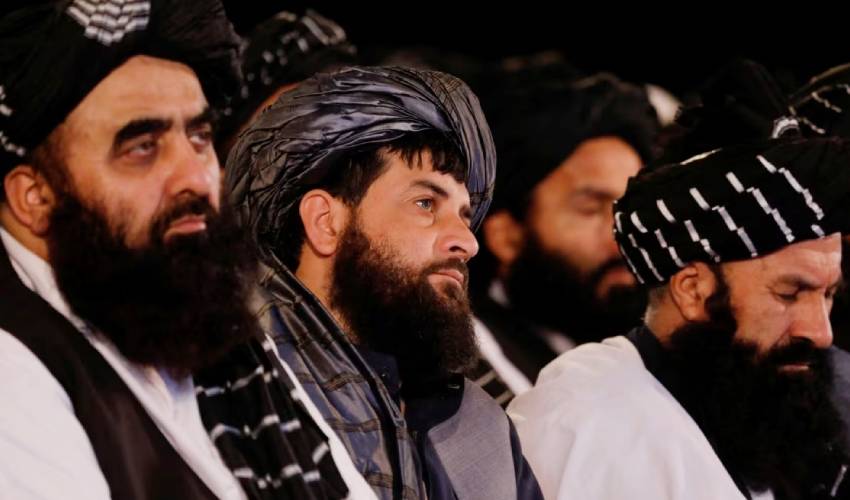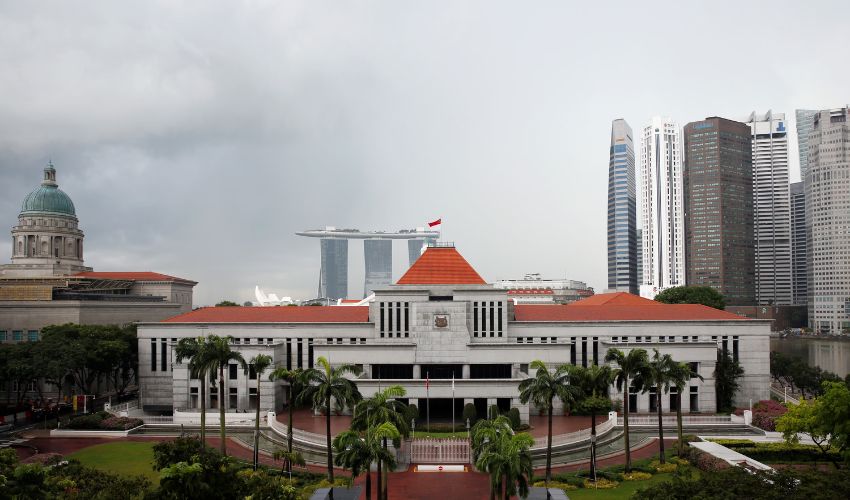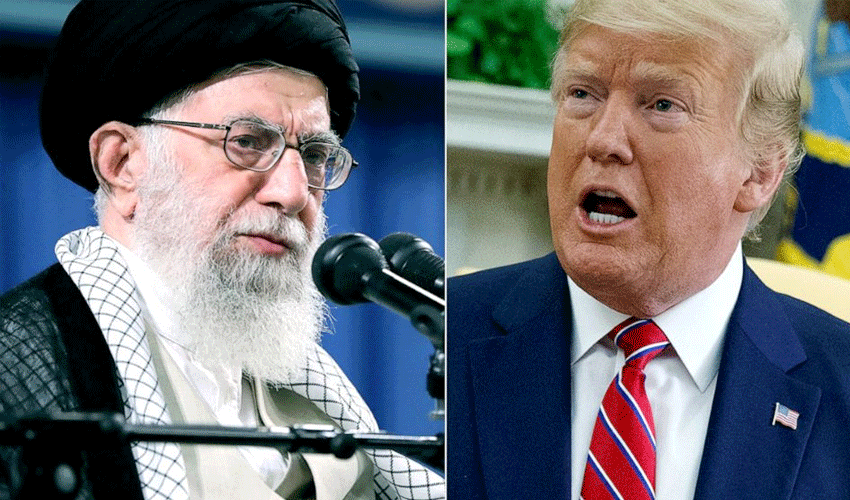Recent reports from the United Nations and statements from US officials suggest that Afghanistan continues to serve as a safe haven for various international terrorist groups. This development raises concerns about regional security and stability.
According to a UN report, the Tehrik-e-Taliban Pakistan (TTP) is receiving operational and logistical support from networks like Al-Qaeda. The report estimates that between 6,000 to 6,500 TTP fighters are currently present in Afghanistan.
The Pentagon has expressed worry about the growing terrorist threats in Afghanistan. Major General Pat Ryder, Pentagon Press Secretary, emphasized the need for continued focus on counter-terrorism efforts.
Russian Foreign Minister Sergey Lavrov also voiced concerns in May about the presence of terrorist groups in Afghanistan, mentioning ISIS, Al-Qaeda, and their affiliates as active entities in the country.
The Afghan Taliban government, however, denies these claims. The Taliban's Army Chief stated that Pakistan has not provided evidence of TTP's presence in Afghanistan or its cross-border activities against Pakistan.
UN member states have noted that NATO weapons left behind after the Taliban takeover have reportedly been supplied to groups like the TTP, potentially contributing to increased attacks on Pakistani border posts.
The situation has led to tensions between Afghanistan and neighboring countries, particularly Pakistan, which has repeatedly expressed its concerns about cross-border terrorist activities.
As regional stability remains at stake, international bodies and neighboring countries continue to call for more robust action against terrorist groups operating from Afghan soil.



























